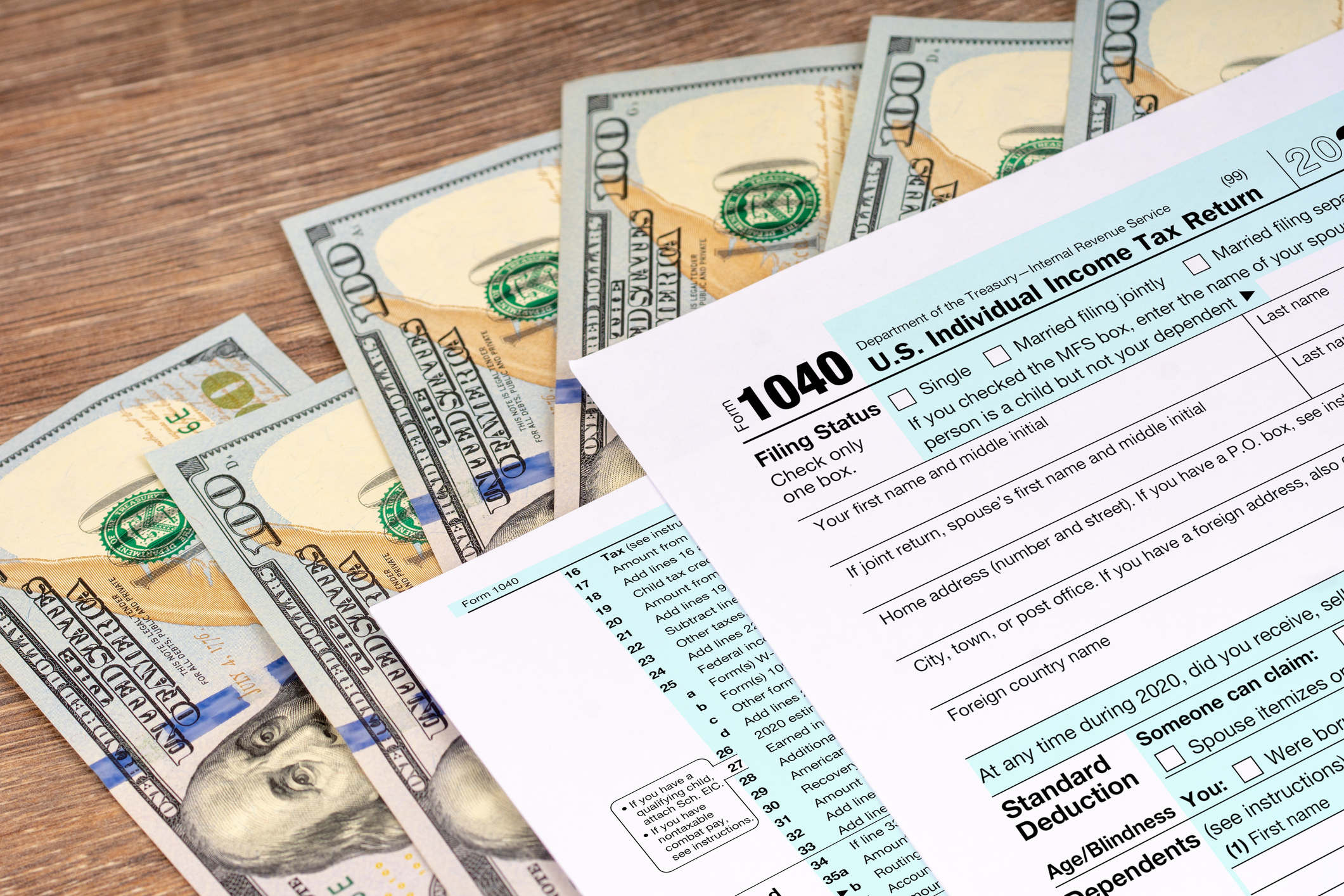
The April 15 tax filing deadline is one day away, and failing to file your tax return on time can lead to financial penalties.
While many may consider putting off filing because they’re unable to pay the amount owed, this often makes the situation worse. A delay in filing your return doesn’t prevent penalties. It increases them.
Newsweek has broken down what you need to do if you’ve realized you cannot pay the taxes you owe on time.
Should You File if You Can’t Pay?
Yes. If you find that you cannot pay the full amount by the filing deadline, you should file your return and pay as much as you can by the due date.
Payment Plans
An IRS payment plan allows you to pay your federal tax debt over time through a formal agreement with the agency.
In a news release dated April 3, the IRS urged taxpayers who couldn’t cover their full tax bill to file their return and pay as much as they could by the April 15 deadline. Filing by the due date helps avoid the late filing penalty, which is usually 5 percent per month on any unpaid taxes.
Paying at least part of what you owe by the deadline can reduce the total amount of interest and late payment penalties, the IRS explained. The interest rate stands at 7 percent annually, compounded daily, while the late payment penalty is 0.5 percent per month. This drops to a 0.25 percent rate when the IRS approves an installment agreement if your return was filed on time and you did not receive a levy notice from the agency.
GETTY
How to Arrange a Payment Plan
Most individuals are eligible to set up a payment plan with the IRS, and there are two main types available:
- Short-term payment plan—This option is for those who owe less than $100,000 in total, including taxes, penalties and interest. It gives taxpayers up to 180 days to pay the balance in full.
- Long-term payment plan—This option is for those who owe less than $50,000 in combined taxes, penalties and interest. It grants taxpayers 120 days or more to pay their balance in monthly installments.
After submitting the online application, approval is typically granted right away—no need for phone calls, paperwork or in-person visits.
If you find that you’re not eligible for an online payment plan, there are other solutions available:
- Offer in compromise—Some taxpayers may qualify to settle their debt for less than the full amount owed by submitting a formal offer to the IRS.
- Temporary delay of collection—If you’re experiencing financial hardship, you can contact the IRS to request a delay in tax collection. If the IRS agrees that payment isn’t currently feasible, collection efforts may be paused until your financial condition improves. Keep in mind that interest and penalties will still be added to the balance until it’s fully paid off.
Consequences of Filing Late
Filing or paying your taxes late can lead to financial consequences, whether you’re due a refund or owe money.
If you’re owed a refund, it is impossible to receive it until you file. You may also face IRS penalties and interest.
In some cases, the IRS may file a Substitute for Return (SFR) on your behalf using incomplete information, which could result in a higher tax bill or reduced refund. Even if the IRS files an SFR, it’s best to submit your own return to make sure you get all the exemptions, credits or deductions for which you qualify.
